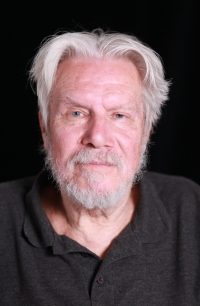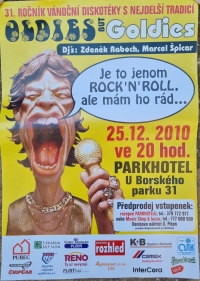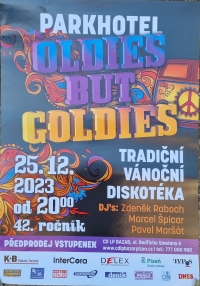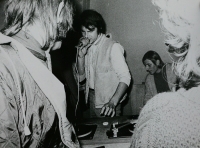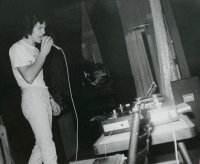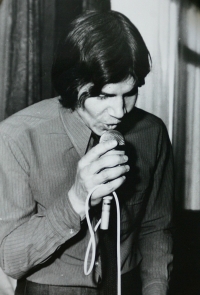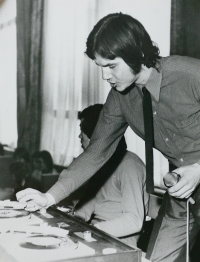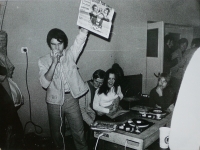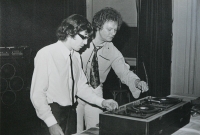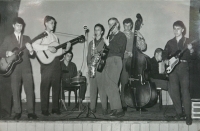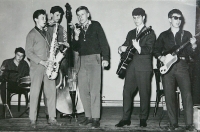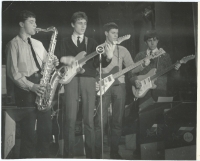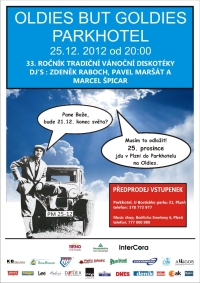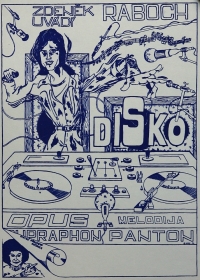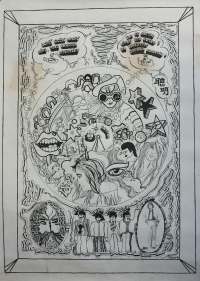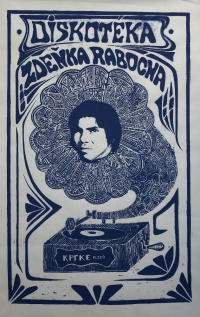I was the first DJ in Plzeň
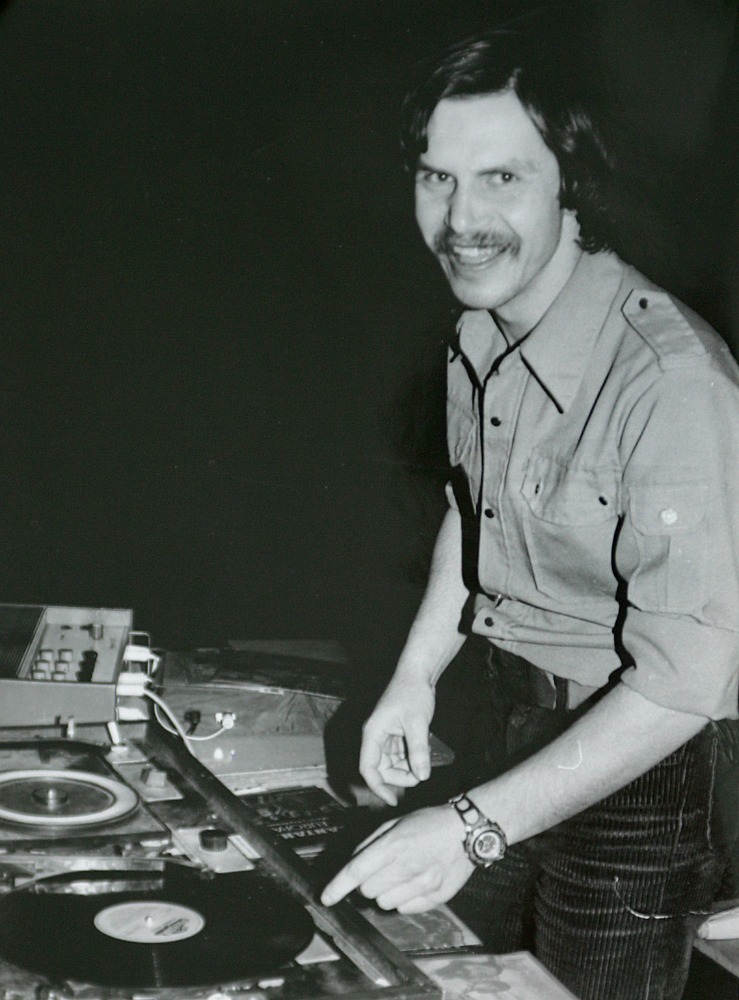
Stáhnout obrázek
Zdeněk Raboch was born in Kladno on 28 March 1946. His father Emil was a First Republic military officer kicked out from the army in the 1950s. His mother Jiřina, née Musilová, worked in a preschool. He was interested in music from a young age, enchanted by the songs of the Semafor theatre and the early rock and roll of Elvis Presley, Bill Haley, Little Richard and other rock pioneers. Aged sixteen, he formed Memphis, the first ‚bigbeat‘ band in the West Bohemian region, playing bass guitar along with guitarist who later became famous as the frontman of the band Katapult, Oldřich Říha. He trained for a turner at Škoda Plzeň and enlisted for two years in the army in Stříbro in 1965. He had an valuable source of records, sent to him by his aunt who emigrated to America in 1948. In 1968 he joined the Alfa Children‘s Theatre in Plzeň as a stagehand and witnessed the August invasion of the Warsaw Pact troops. In the same year, he started working as a disc jockey and, having never seen a disco before, drew inspiration from a Radio Luxembourg DJ. He was the first DJ in Plzeň from the spring of 1969 when he passed the so-called qualification test and got the paperwork allowing him to perform officially. In the mid-1970s, the qualification committees made up of political and cultural workers got tougher, and started prescribing that DJs should play sixty or even eighty percent of songs from the socialist bloc. He had to be employed, and in 1974 he joined the Park of Culture and Recreation and worked as a cultural officer. The State Security Service (StB) became interested in him because of a joke - a postcard from America that gave the impression he had emigrated. Later, the StB took interest in where he was getting his records - besides his aunt, truck drivers, hockey players and football players who travelled to the West were also providing them. The new trend of disco music in the 1970s led him to start doing ‚oldies but goldies‘ disco nights once a year in 1979. In 1980, he started working with Czech Radio‘s Plzeň office. In the 1990s, he phased out doing discos and began lecturing on music history, including at the University of West Bohemia. He has just retired (16 years past his official retirement date), and until recently he prepared shows on new books and the music programme Stars, Hits, Legends for the radio. He is planning a disco night called Oldies but Goldies.
